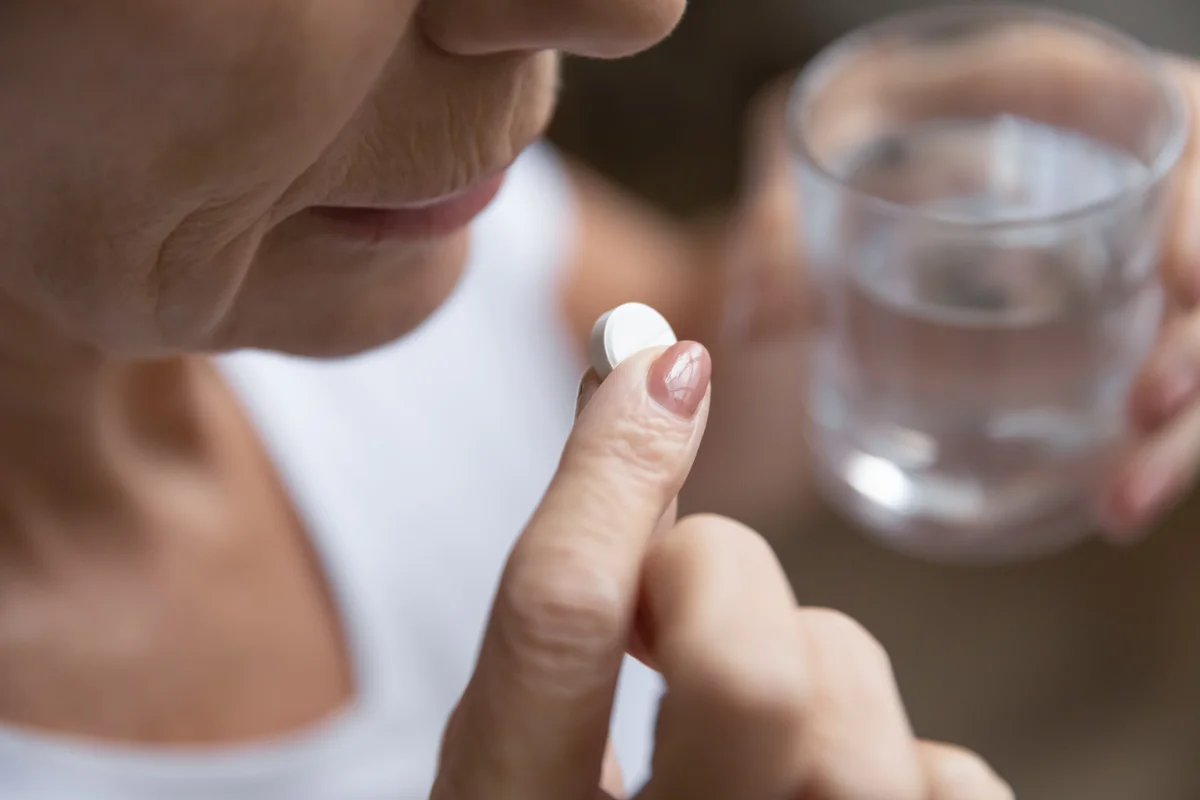Copyright independent

Daily vitamin D supplements could potentially slow the ageing process by helping protect the caps on our chromosomes, a recent study suggests. Researchers discovered that a daily intake of 2,000 international units (IU) of vitamin D helped maintain telomeres – tiny structures that act like protective caps on our DNA during cell division. These telomeres, found at the end of each of our 46 chromosomes, shorten every time a cell copies itself. When they become too short, cells can no longer divide and eventually die. Scientists have linked shorter telomeres to feared age-related diseases such as cancer, heart disease, and osteoarthritis, sparking hopes the sunshine vitamin might keep us healthier for longer. Smoking, chronic stress and depression all appear to speed up telomere shortening, while inflammatory processes in the body also take their toll. It is well known that vitamin D is essential for bone health, helping our bodies absorb calcium. Children, teenagers and people with darker skin or limited sun exposure particularly need adequate levels to build and maintain strong bones. But vitamin D also powers our immune system. A review of evidence found that vitamin D supplements can cut respiratory infections, especially in people who are deficient. Early research even suggests it might help prevent autoimmune diseases like rheumatoid arthritis, lupus and multiple sclerosis, though more trials are needed. Since inflammation damages telomeres, vitamin D’s anti-inflammatory effects could explain its protective role. In this recent study, from Augusta University in the US, the researchers followed 1,031 people with an average age of 65 for five years, measuring their telomeres at the start, after two years, and after four years. Half took 2,000 IU of vitamin D daily, while the other half received a placebo. The results showed that telomeres were preserved by 140 base pairs in the vitamin D group, compared with a placebo. To put this in context, previous research found that telomeres naturally shorten by about 460 base pairs over a decade, suggesting vitamin D’s protective effect could be genuinely meaningful. This isn’t the first promising finding. Earlier studies have reported similar benefits, while the Mediterranean diet – rich in anti-inflammatory nutrients – has also been linked to longer telomeres. But there are some important points to note. Some researchers warn that extremely long telomeres might actually increase disease risk, suggesting there’s a sweet spot we don’t yet understand. There’s also no agreement on the right dose. The Augusta researchers used 2,000 IU daily – much higher than the current recommended intake of 600 IU for under-70s and 800 IU for older adults. Yet other research suggests just 400 IU might help prevent colds. Experts say the optimal dose probably depends on individual factors, including existing vitamin D levels, overall nutrition and how the vitamin interacts with other nutrients. Although these findings are exciting, it’s too early to start popping high-dose vitamin D in the hope of slowing ageing. The strongest evidence for healthy ageing still points to the basics: a balanced diet, regular exercise, quality sleep, not smoking and managing stress, all of which naturally support telomere health. However, if you’re deficient in vitamin D or at risk of poor bone health, supplements remain a sensible choice backed by decades of research. As scientists continue unravelling the mysteries of ageing, vitamin D’s role in keeping our cellular clocks ticking may prove to be just one piece of a much larger puzzle.



